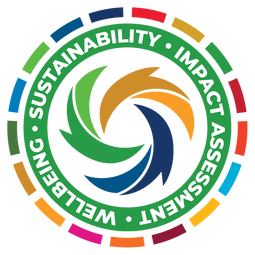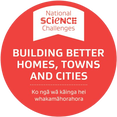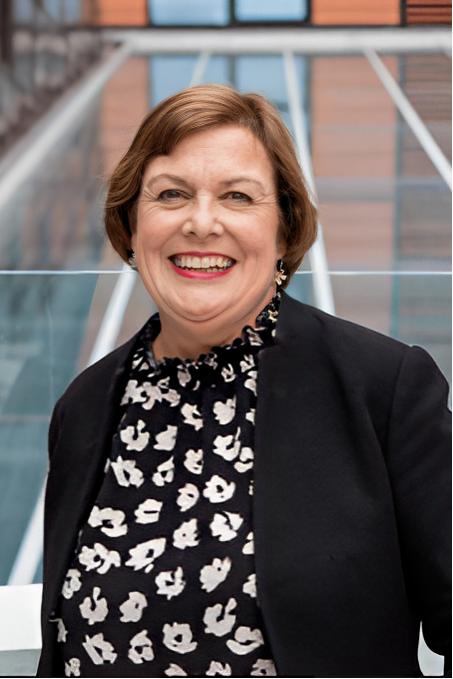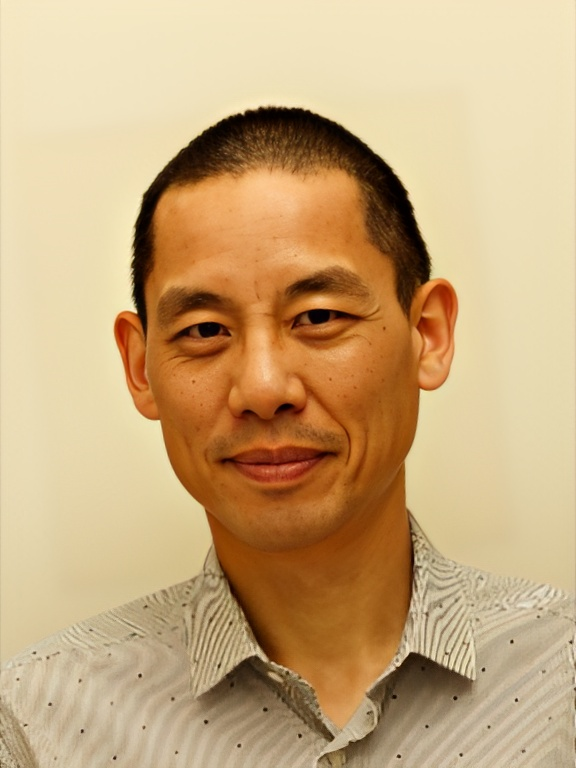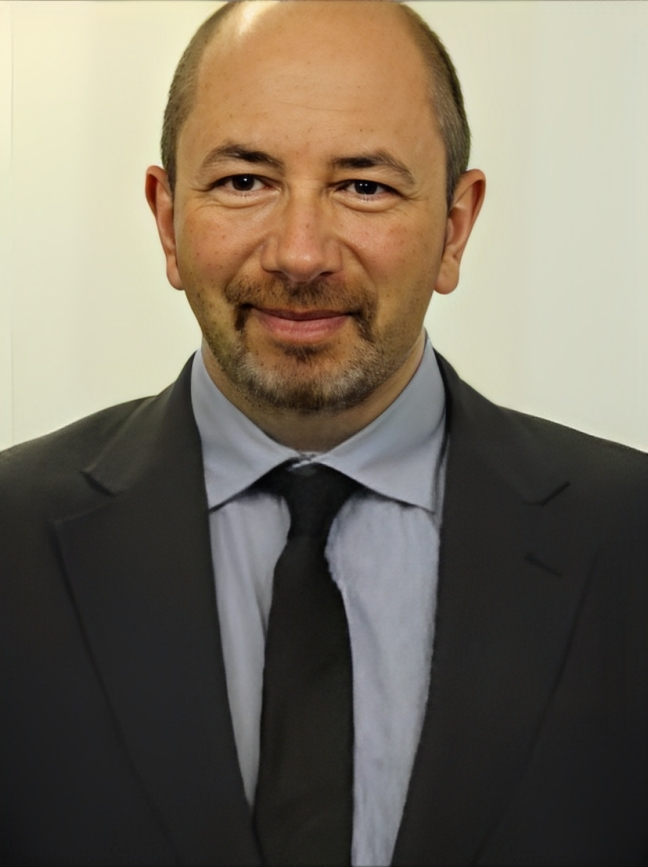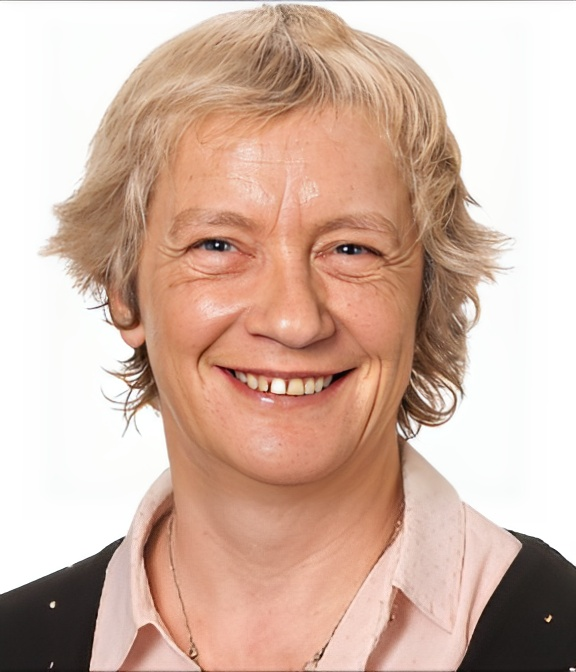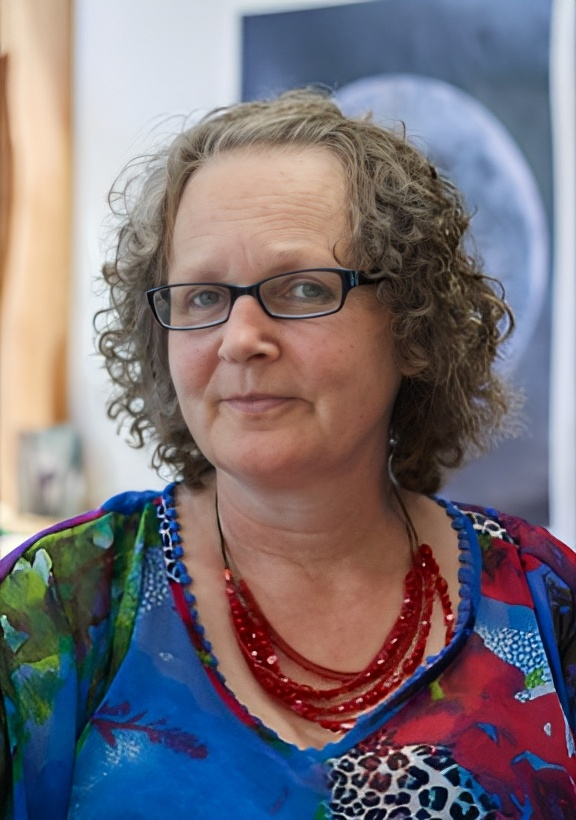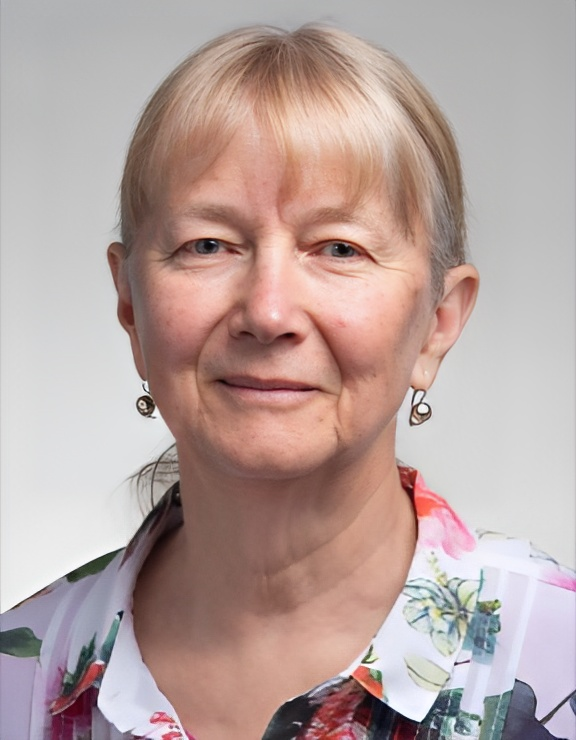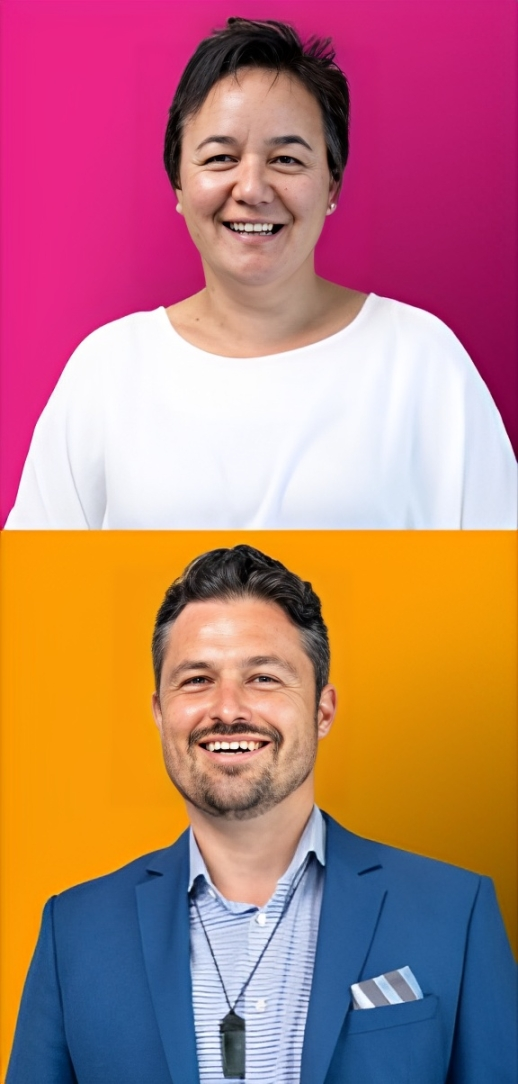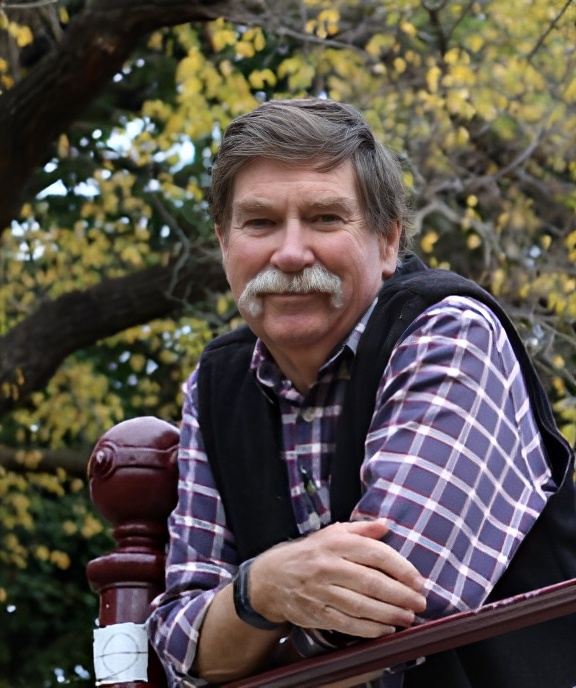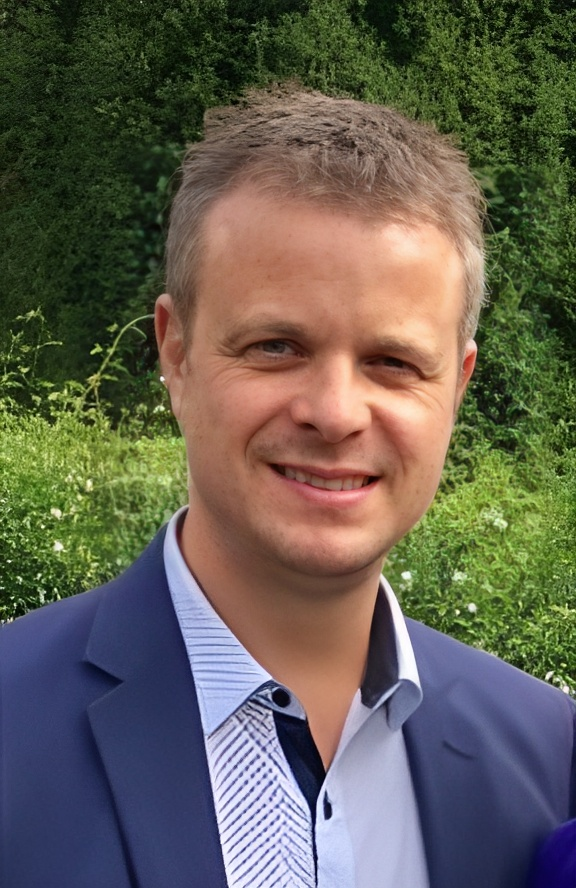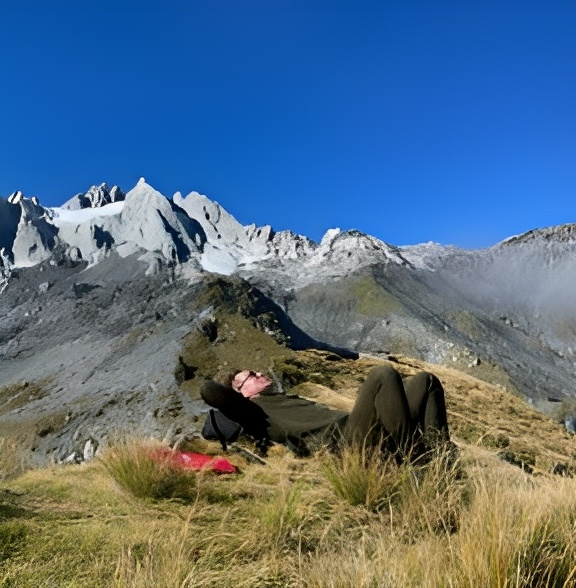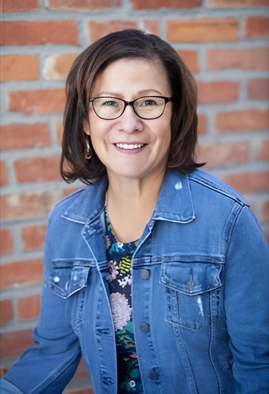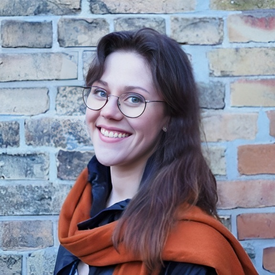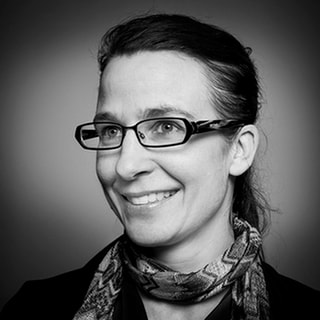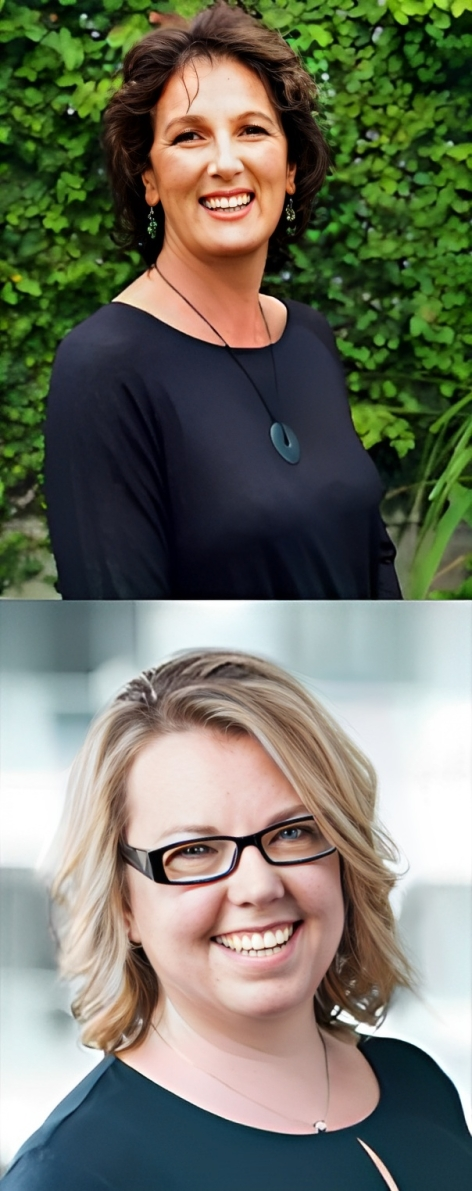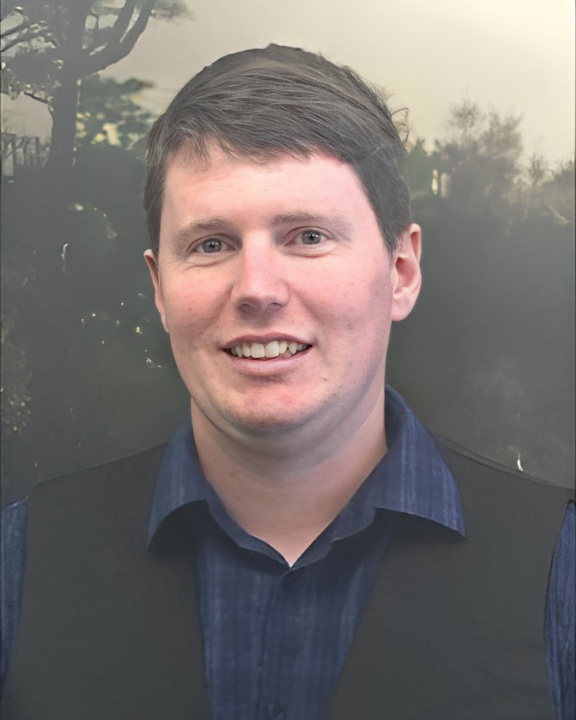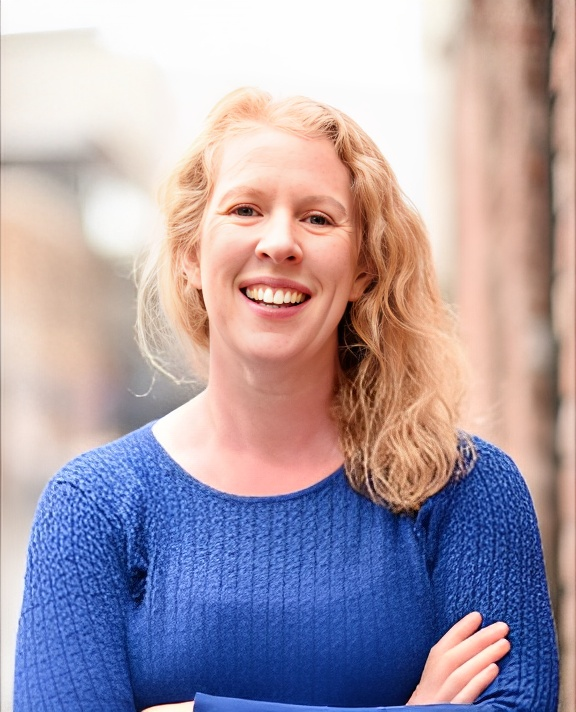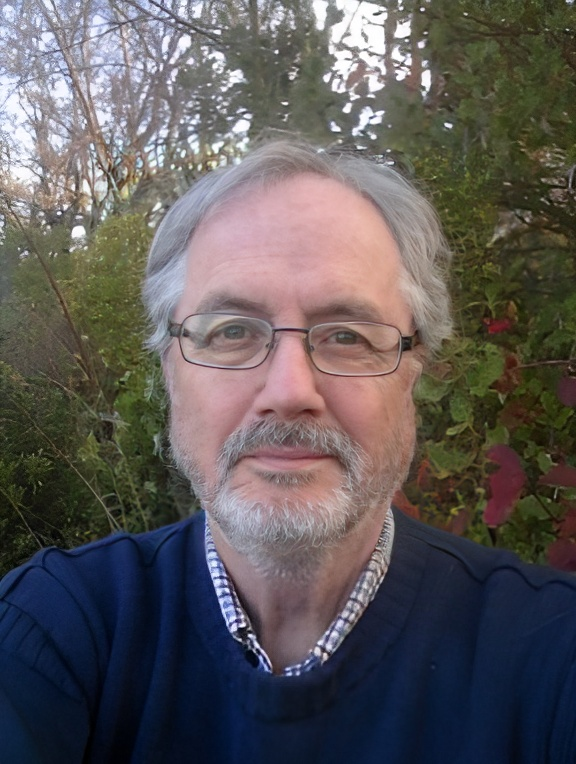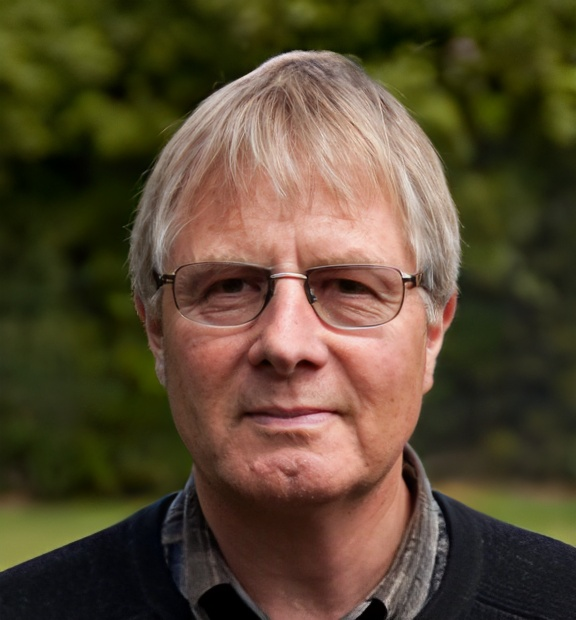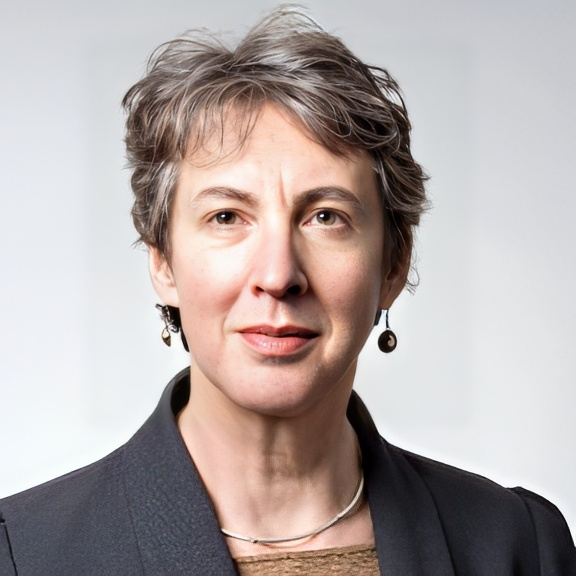- Home
- About Us
- Membership
-
Conferences
- Conference 2024 >
-
Proceedings from Past Conferences
>
- Conference 2023 >
- 2022 - Wellbeing, Sustainability and Impact Assessment: towards more integrated policy-making >
- 2021 - Social Impact Assessment >
- 2019 - Climate Change >
- 2018 - Regional Development
- 2016 - Strategic Environmental Assessment
- 2015 - Where to for Impact Assessment?
- 2014 - Transport Infrastructure
- 2013 Fresh Water Management
- 2012 - Mineral Extraction
- Sign up for updates on future conferences
-
Impact Connector
-
Issue #15 Economic methods and Impact Assessment
>
- Economic methods in impact assessment: an introduction
- The Nature of Economic Analysis for Resource Management
- The State-of-the-Art and Prospects: Economic Valuation of Ecosystem Services in Environmental Impact Assessment
- Economic impact assessment and regional development: reflections on Queensland mining impacts
- Fonterra’s policy on economic incentives for promoting sustainable farming practices
-
Issue #14 Impact assessment for infrastructure development
>
- Impact assessment for infrastructure development - an introduction
- Place Matters: The importance of geographic assessment of areas of influence in understanding the social effects of large-scale transport investment in Wellington
- Unplanned Consequences? New Zealand's experiment with urban (un)planning and infrastructure implications
- Reflections on infrastructure, Town and Country planning and intimations of SIA in the late 1970s and early 1980s
- SIA guidance for infrastructure and economic development projects
- Scoping in impact assessments for infrastructure projects: Reflections on South African experiences
- Impact Assessment for Pacific Island Infrastructure
-
Issue #13 Health impact assessment: practice issues
>
- Introduction to health impact assessment: practice issues
- International Health Impact Assessment – a personal view
- Use of Health Impact Assessment to develop climate change adaptation plans for health
- An integrated approach to assessing health impacts
- Assessing the health and social impacts of transport policies and projects
- Whither HIA in New Zealand….or just wither?
-
Issue #12 Risk Assessment: Case Studies and Approaches
>
- Introduction
- Risk Assessment and Impact Assessment : A perspective from Victoria, Australia
- The New and Adaptive Paradigm Needed to Manage Rising Coastal Risks
- Reflections on Using Risk Assessments in Understanding Climate Change Adaptation Needs in Te Taitokerau Northland
- Values-Based Impact Assessment and Emergency Management
- Certainty about Communicating Uncertainty: Assessment of Flood Loss and Damage
- Improving Understanding of Rockfall Geohazard Risk in New Zealand
- Normalised New Zealand Natural Disaster Insurance Losses: 1968-2019
- Houston, We Have a Problem - Seamless Integration of Weather and Climate Forecast for Community Resilience
- Innovating with Online Data to Understand Risk and Impact in a Data Poor Environment
-
Impact Connector #11 Climate Change Mitigation, Adaptation, and Impact Assessment: views from the Pacific
>
- Introduction
- Climate change adaptation and mitigation, impact assessment, and decision-making: a Pacific perspective
- Climate adaptation and impact assessment in the Pacific: overview of SPREP-sponsored presentations
- Land and Sea: Integrated Assessment of the Temaiku Land and Urban Development Project in Kiribati
- Strategic Environmental Assessment: Rising to the SDG Challenge
- Coastal Engineering for Climate Change Resilience in Eastern Tongatapu, Tonga
- Climate-induced Migration in the Pacific: The Role of New Zealand
-
Impact Connector #10 Climate Change Mitigation and Adaptation
>
- Introduction
- Is a “just transition” possible for Māori?
- Adapting to Climate Change on Scale: Addressing the Challenge and Understanding the Impacts of Asia Mega-Cities
- How responding to climate change might affect health, for better or for worse
- Kanuka, Kereru and carbon capture - Assessing the effects of a programme taking a fresh look at the hill and high country land resource
- Wairoa: Community perceptions of increased afforestation
- Te Kākahu Kahukura Ecological Restoration project: A story within a story
- Issue #9 Impacts of Covid-19 >
-
Issue #8 Social Impact Assessment
>
- Challenges for Social Impact Assessment in New Zealand: looking backwards and looking forwards
- Insights from the eighties: early Social Impact Assessment reports on rural community dynamics
- Impact Assessment and the Capitals Framework: A Systems-based Approach to Understanding and Evaluating Wellbeing
- Building resilience in Rural Communities – a focus on mobile population groups
- Assessing the Impacts of a New Cycle Trail: A Fieldnote
- The challenges of a new biodiversity strategy for social impact assessment (SIA)
- “Say goodbye to traffic”? The role of SIA in establishing whether ‘air taxis’ are the logical next step in the evolution of transportation
- Issue #7 Ecological Impact Assessment >
-
Issue #6 Landscape Assessment
>
- Introduction
- Lives and landscapes: who cares, what about, and does it matter?
- Regional Landscape Inconsistency
- Landscape management in the new world order
- Landscape assessment and the Environment Court
- Natural character assessments and provisions in a coastal environment
- The Assessment and Management of Amenity
- The rise of the THIMBY
- Landscape - Is there a common understanding of the Common?
- Issue #5 Cultural Impact Assessment >
- Issue #4 Marine Environment >
- Issue #3 Strategic Environmental Assessment
- Issue #2
- Issue #1
-
Issue #15 Economic methods and Impact Assessment
>
-
Resources
- Webinars
- IAIA Resources
- United Nations Guidance
- Donors Guidelines and Principles
- Oceania and the Pacific
- Natural Systems >
- Social Impact Assessment
- Health Impact Assessment >
- Cumulative Impact Assessment
- Community and Stakeholder Engagement
- Indigenous Peoples
- Climate Change and Disaster Risk Resilience >
- Urban Development
- Sustainable Development Goals
- Strategic Environmental Assessment
- Regulatory Impact Assessment
- Methods in Impact Assessment
- Community
- 2024 Calendar Year Membership Subscription Renewal
With thanks to our sponsors:
|
Massey University offers a professional Master’s of the Sustainable Development Goals and a Master’s in International Development
|
The Building Better Homes, Towns and Cities National Science Challenge is focusing on improving the quality and supply of housing and creating smart and attractive urban environments and thriving regions.
|
A land transport system connecting people, products and places for a thriving Aotearoa
|
Wednesday 30 November
Climate Resilient Development: A just and inclusive approach to wellbeing and sustainability
Bronwyn HaywardBronwyn Hayward (MNZM) is a Professor in the Department of Political Science and International Relations at the University of Canterbury, and Director of The Sustainable Citizenship and Civic Imagination Research group. Her research focuses on the intersection of sustainable development, youth, climate change and citizenship. Bronwyn is a Coordinating Lead Author for the Intergovernmental Panel on Climate Change AR6 report (cities & infrastructure) and was a lead author for the 2018 Special Report on 1.5 (Sustainable development & Poverty eradication). She is also a co-primary investigator with the University of Surrey's Centre for Understanding Sustainable Prosperity (CUSP), funded by the Economic and Social Research Council and was named ‘Supreme winner’ of the 2021 Westpac/NZ Suff media: Women of Influence and Environment Awards.
|
Wellbeing frameworks and impact assessment
Using Treasury’s Living Standards Framework for policy options assessment: learnings so far
Tim Ng
|
He Ara Waiora: charting pathways to wellbeing through te ao Māori perspectives
Phil Evans
|
Developing a framework to assess the impacts of land use change - Using the wellbeing indicators
Caroline Saunders
|
Integrating wellbeing, sustainability and impact assessment perspectives in policy making
Critical Tiriti Analysis - An approach to strengthening public policy
Heather Came
|
Wellbeing and sustainability - Can the Sustainable Development Goals be used in Impact Assessment to help New Zealand navigate to a sustainable future?
Lin Roberts
|
Embracing the past, present and future of wellbeing data to assess and measure impact for better decision making
Erina Hurihanganui and Malcolm Mersham
|
Critical perspectives: assessing the impacts of policy making and strategic actions on wellbeing
Beyond Risk
Jack Krohn
|
Implementing national policies for housing intensification in Porirua City - impacts on urban form, sustainability and wellbeing
Stewart McKenzie
|
National-scale pest eradication requires greater understanding and integration of multiple impacts
Duane Peltzer
|
Thursday 1 December
Developing models of Indigenous-led environmental health risk assessment
Dr. Diana LewisDr. Diana (Dee) Lewis, a member of the Sipekne’katik Mi’kmaq First Nation in Nova Scotia, is an Assistant Professor appointed to the Department of Geography, Environment & Geomatics at the University of Guelph in Ontario, Canada. Dr. Lewis’ research interests are to foster a wider understanding of Indigenous worldviews, and how Indigenous worldviews must inform environmental decisions, specifically as they are impacted by resource or industrial development. Dr. Lewis is a strong advocate for Indigenous data sovereignty and Indigenous-led decision-making. She now works with Indigenous communities across Canada to develop an Indigenous-led environmental health risk assessment approach.
|
Communities and integrated policy development practice
People-centred policy and practice - integrating health and equity thinking into IA
Kia Silvennoinen
|
Creating an implementation learning system: early experiments to shape wellbeing policy
Penny Hagen
|
Creating positive social, economic, environmental and cultural wellbeing outcomes in development and planning
From Policy to Practice - Waka Kotahi’s Sustainability & Social Outcomes Journey
Rebekah Pokura-Ward and Julie Boucher
|
Community-centric freshwater policy making: Implications for s32 assessment
Richard Sheild
|
Space and place in the assessment of policies and plans adapting to natural hazards
Rebecca Foy
|
Concurrent professional development workshops
Strategic Environmental Assessment (SEA) - a tool for better policy and plan-making
Richard MorganRichard Morgan is an Emeritus Professor in the School of Geography, University of Otago. He has been involved in impact assessment research, training and consulting for more than 40 years, and has published many research papers, chapters and books on impact assessment theory and practice. Richard’s interests range across all areas of impact assessment, from biophysical and ecological, to social, cultural and health considerations; and at all levels of decision-making, from policies to projects. He helped to establish, and is a trainer on, the IAIA online training course on environmental impact assessment, and has worked with international organisations in the Pacific and South and East Asia to promote and support impact assessment capability. The current chair of the New Zealand Association for Impact Assessment, Richard was President of the International Association for Impact Assessment (IAIA) in 2004, and received the IAIA Lifetime Achievement Award in 2020.
|
Nick TaylorNick Taylor has broad experience applying social research to projects, programmes, policy and plans in New Zealand and internationally. He was a founding director of Taylor Baines & Associates and is now an independent researcher and consultant, working on strategic and project social impact assessments. His recent work includes land and water plans, community regeneration strategies, predator control, irrigation development, aggregate mining and hydro-electricity. He taught EIA at Lincoln University and is a Past President of the IAIA. Nick and Mike Mackay recently published guidelines on social impact assessment for NZ practitioners.
|
Infrastructure Sustainability Rating Scheme – driving outcomes across the full life cycle
Dr. Kerry Griffiths
|
NZAIA Incorporated is a registered charity
#CC54658
This website and all its content is SSL Protected.
Privacy Policy
#CC54658
This website and all its content is SSL Protected.
Privacy Policy
- Home
- About Us
- Membership
-
Conferences
- Conference 2024 >
-
Proceedings from Past Conferences
>
- Conference 2023 >
- 2022 - Wellbeing, Sustainability and Impact Assessment: towards more integrated policy-making >
- 2021 - Social Impact Assessment >
- 2019 - Climate Change >
- 2018 - Regional Development
- 2016 - Strategic Environmental Assessment
- 2015 - Where to for Impact Assessment?
- 2014 - Transport Infrastructure
- 2013 Fresh Water Management
- 2012 - Mineral Extraction
- Sign up for updates on future conferences
-
Impact Connector
-
Issue #15 Economic methods and Impact Assessment
>
- Economic methods in impact assessment: an introduction
- The Nature of Economic Analysis for Resource Management
- The State-of-the-Art and Prospects: Economic Valuation of Ecosystem Services in Environmental Impact Assessment
- Economic impact assessment and regional development: reflections on Queensland mining impacts
- Fonterra’s policy on economic incentives for promoting sustainable farming practices
-
Issue #14 Impact assessment for infrastructure development
>
- Impact assessment for infrastructure development - an introduction
- Place Matters: The importance of geographic assessment of areas of influence in understanding the social effects of large-scale transport investment in Wellington
- Unplanned Consequences? New Zealand's experiment with urban (un)planning and infrastructure implications
- Reflections on infrastructure, Town and Country planning and intimations of SIA in the late 1970s and early 1980s
- SIA guidance for infrastructure and economic development projects
- Scoping in impact assessments for infrastructure projects: Reflections on South African experiences
- Impact Assessment for Pacific Island Infrastructure
-
Issue #13 Health impact assessment: practice issues
>
- Introduction to health impact assessment: practice issues
- International Health Impact Assessment – a personal view
- Use of Health Impact Assessment to develop climate change adaptation plans for health
- An integrated approach to assessing health impacts
- Assessing the health and social impacts of transport policies and projects
- Whither HIA in New Zealand….or just wither?
-
Issue #12 Risk Assessment: Case Studies and Approaches
>
- Introduction
- Risk Assessment and Impact Assessment : A perspective from Victoria, Australia
- The New and Adaptive Paradigm Needed to Manage Rising Coastal Risks
- Reflections on Using Risk Assessments in Understanding Climate Change Adaptation Needs in Te Taitokerau Northland
- Values-Based Impact Assessment and Emergency Management
- Certainty about Communicating Uncertainty: Assessment of Flood Loss and Damage
- Improving Understanding of Rockfall Geohazard Risk in New Zealand
- Normalised New Zealand Natural Disaster Insurance Losses: 1968-2019
- Houston, We Have a Problem - Seamless Integration of Weather and Climate Forecast for Community Resilience
- Innovating with Online Data to Understand Risk and Impact in a Data Poor Environment
-
Impact Connector #11 Climate Change Mitigation, Adaptation, and Impact Assessment: views from the Pacific
>
- Introduction
- Climate change adaptation and mitigation, impact assessment, and decision-making: a Pacific perspective
- Climate adaptation and impact assessment in the Pacific: overview of SPREP-sponsored presentations
- Land and Sea: Integrated Assessment of the Temaiku Land and Urban Development Project in Kiribati
- Strategic Environmental Assessment: Rising to the SDG Challenge
- Coastal Engineering for Climate Change Resilience in Eastern Tongatapu, Tonga
- Climate-induced Migration in the Pacific: The Role of New Zealand
-
Impact Connector #10 Climate Change Mitigation and Adaptation
>
- Introduction
- Is a “just transition” possible for Māori?
- Adapting to Climate Change on Scale: Addressing the Challenge and Understanding the Impacts of Asia Mega-Cities
- How responding to climate change might affect health, for better or for worse
- Kanuka, Kereru and carbon capture - Assessing the effects of a programme taking a fresh look at the hill and high country land resource
- Wairoa: Community perceptions of increased afforestation
- Te Kākahu Kahukura Ecological Restoration project: A story within a story
- Issue #9 Impacts of Covid-19 >
-
Issue #8 Social Impact Assessment
>
- Challenges for Social Impact Assessment in New Zealand: looking backwards and looking forwards
- Insights from the eighties: early Social Impact Assessment reports on rural community dynamics
- Impact Assessment and the Capitals Framework: A Systems-based Approach to Understanding and Evaluating Wellbeing
- Building resilience in Rural Communities – a focus on mobile population groups
- Assessing the Impacts of a New Cycle Trail: A Fieldnote
- The challenges of a new biodiversity strategy for social impact assessment (SIA)
- “Say goodbye to traffic”? The role of SIA in establishing whether ‘air taxis’ are the logical next step in the evolution of transportation
- Issue #7 Ecological Impact Assessment >
-
Issue #6 Landscape Assessment
>
- Introduction
- Lives and landscapes: who cares, what about, and does it matter?
- Regional Landscape Inconsistency
- Landscape management in the new world order
- Landscape assessment and the Environment Court
- Natural character assessments and provisions in a coastal environment
- The Assessment and Management of Amenity
- The rise of the THIMBY
- Landscape - Is there a common understanding of the Common?
- Issue #5 Cultural Impact Assessment >
- Issue #4 Marine Environment >
- Issue #3 Strategic Environmental Assessment
- Issue #2
- Issue #1
-
Issue #15 Economic methods and Impact Assessment
>
-
Resources
- Webinars
- IAIA Resources
- United Nations Guidance
- Donors Guidelines and Principles
- Oceania and the Pacific
- Natural Systems >
- Social Impact Assessment
- Health Impact Assessment >
- Cumulative Impact Assessment
- Community and Stakeholder Engagement
- Indigenous Peoples
- Climate Change and Disaster Risk Resilience >
- Urban Development
- Sustainable Development Goals
- Strategic Environmental Assessment
- Regulatory Impact Assessment
- Methods in Impact Assessment
- Community
- 2024 Calendar Year Membership Subscription Renewal
